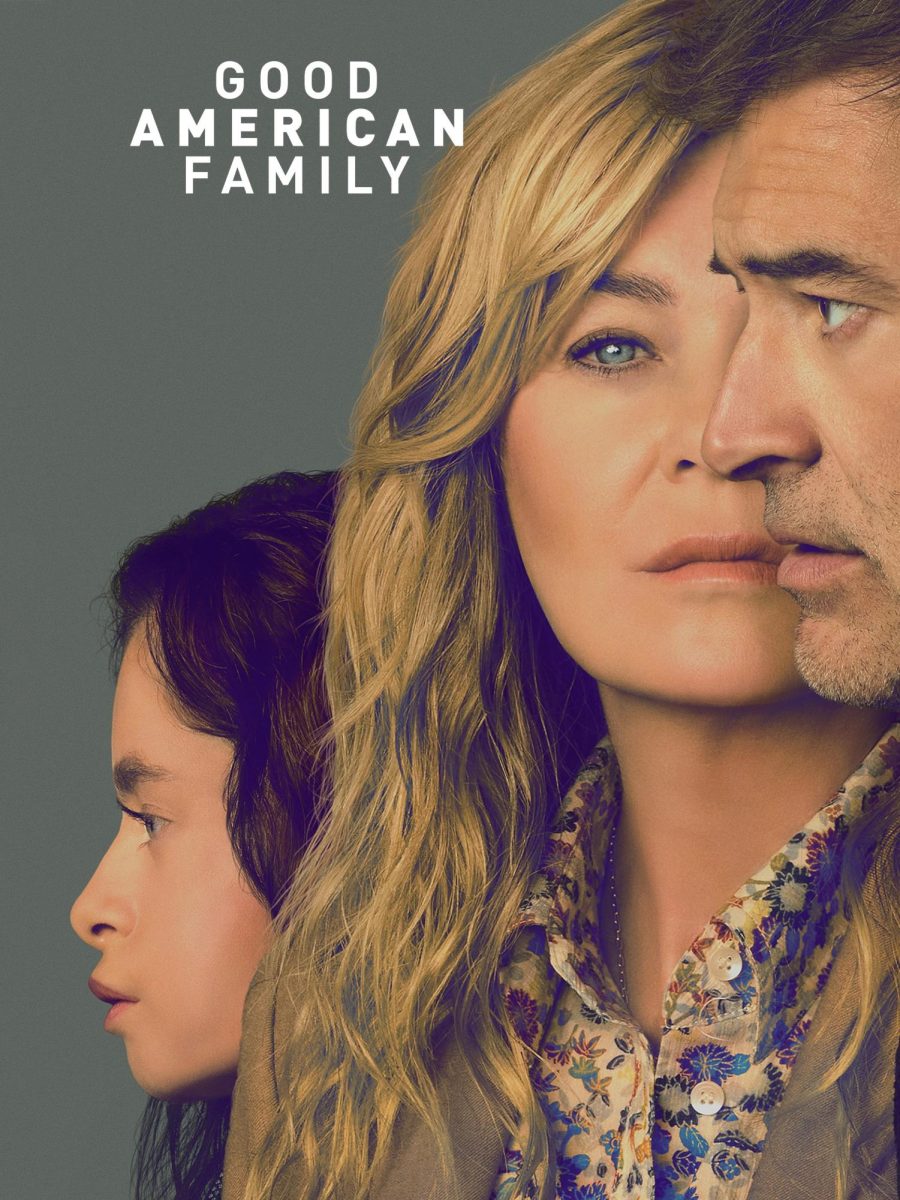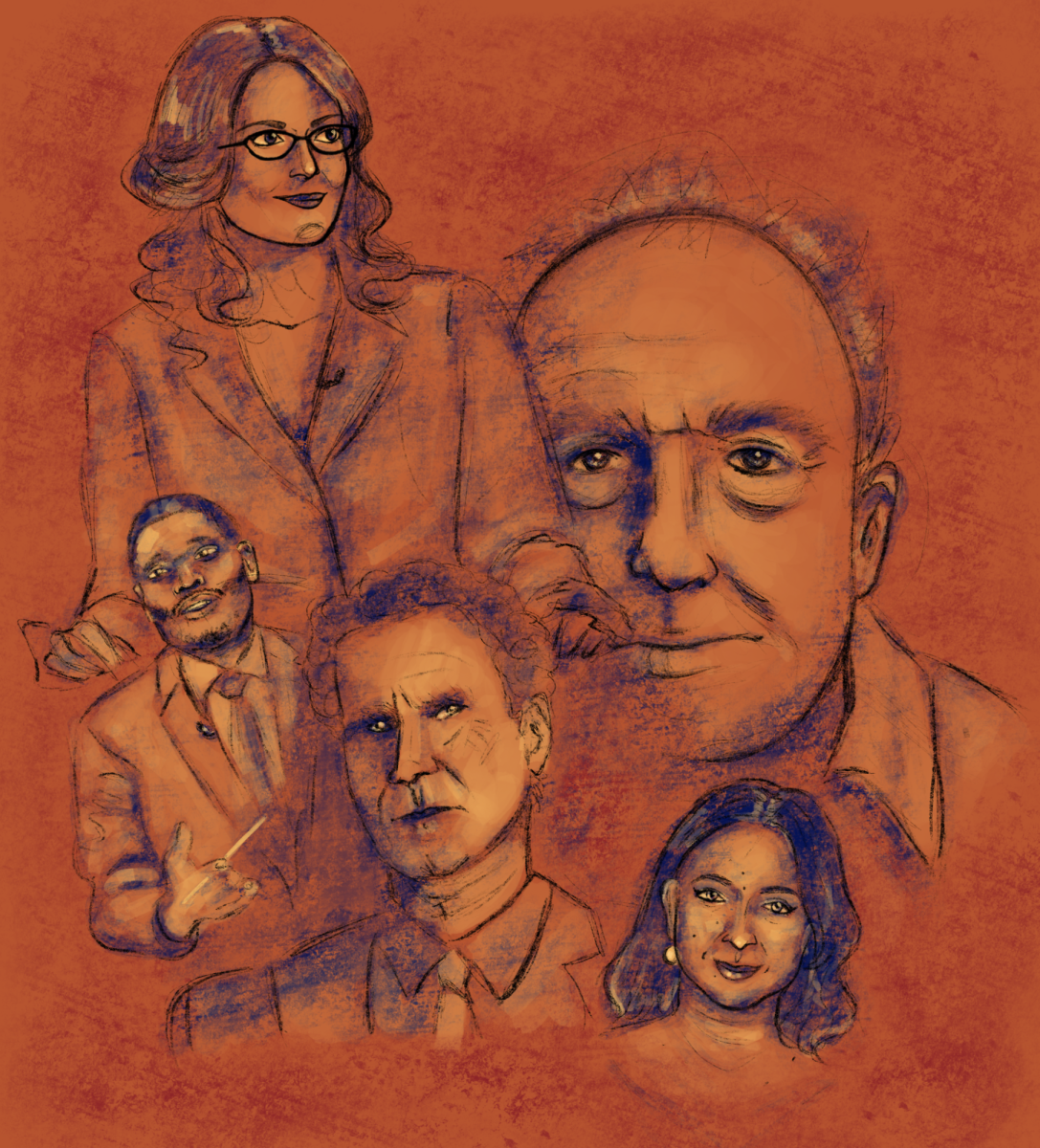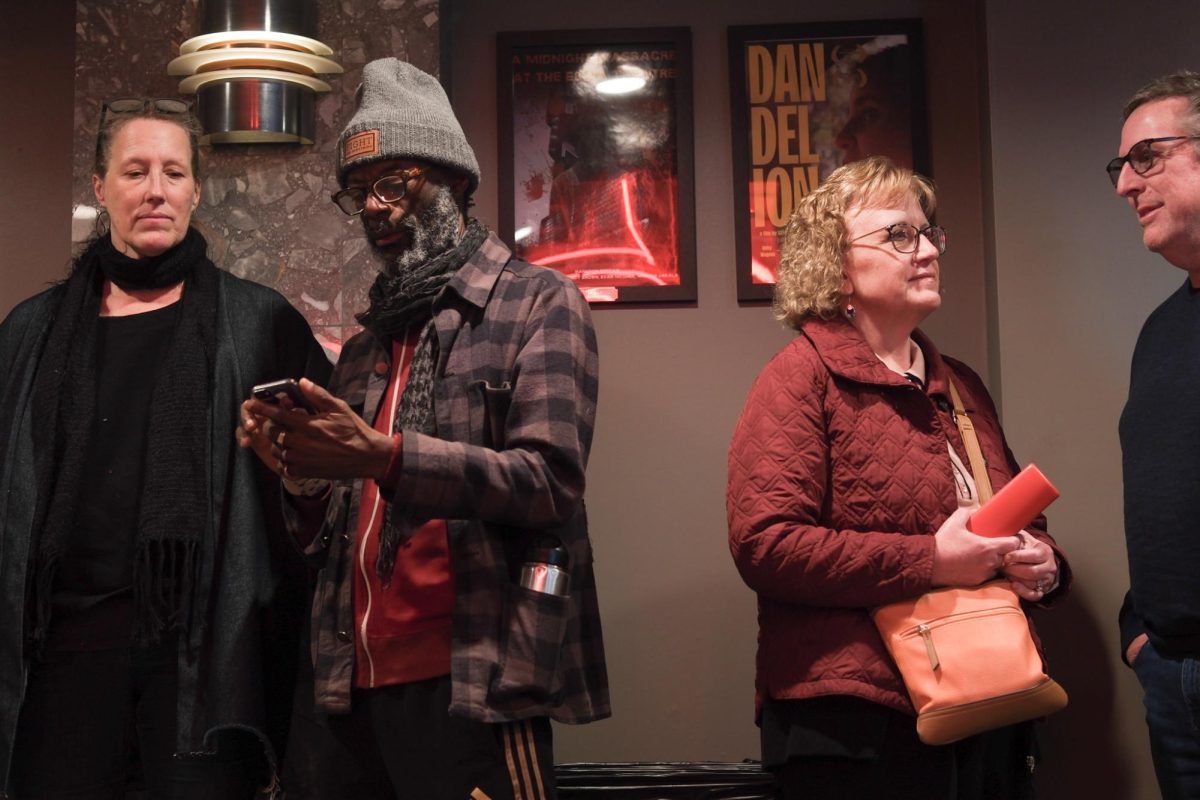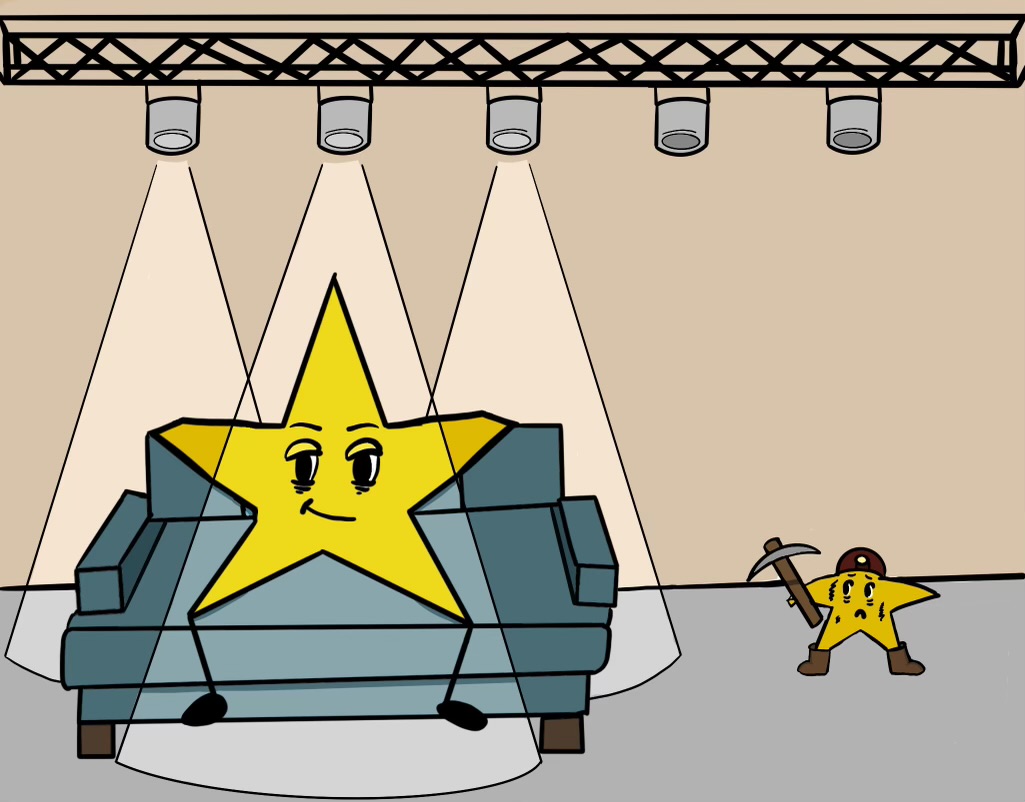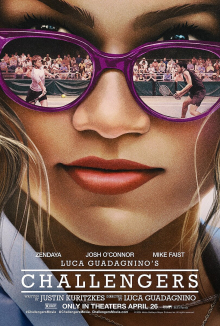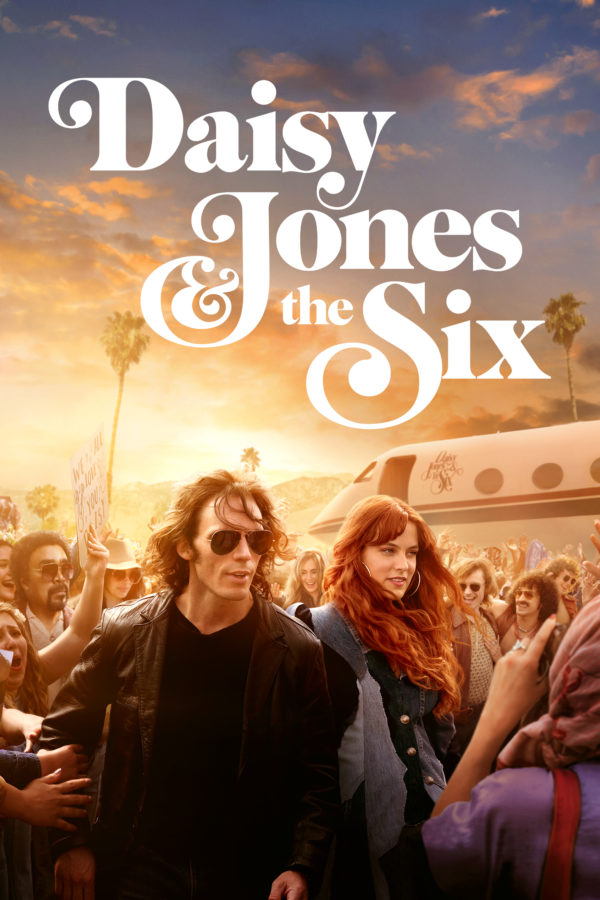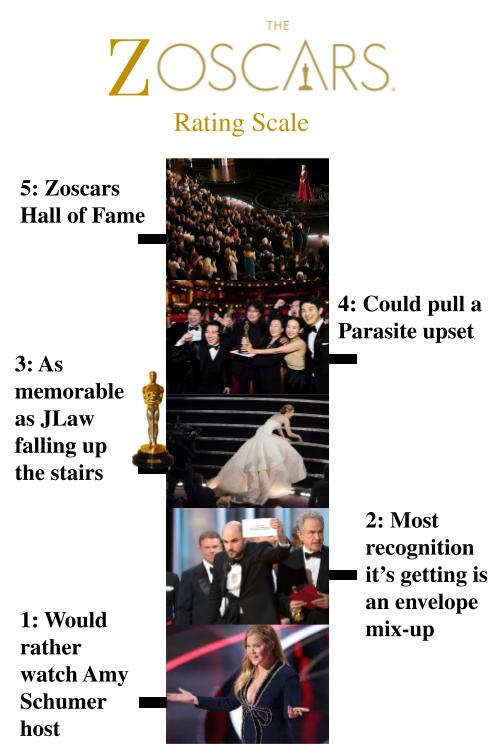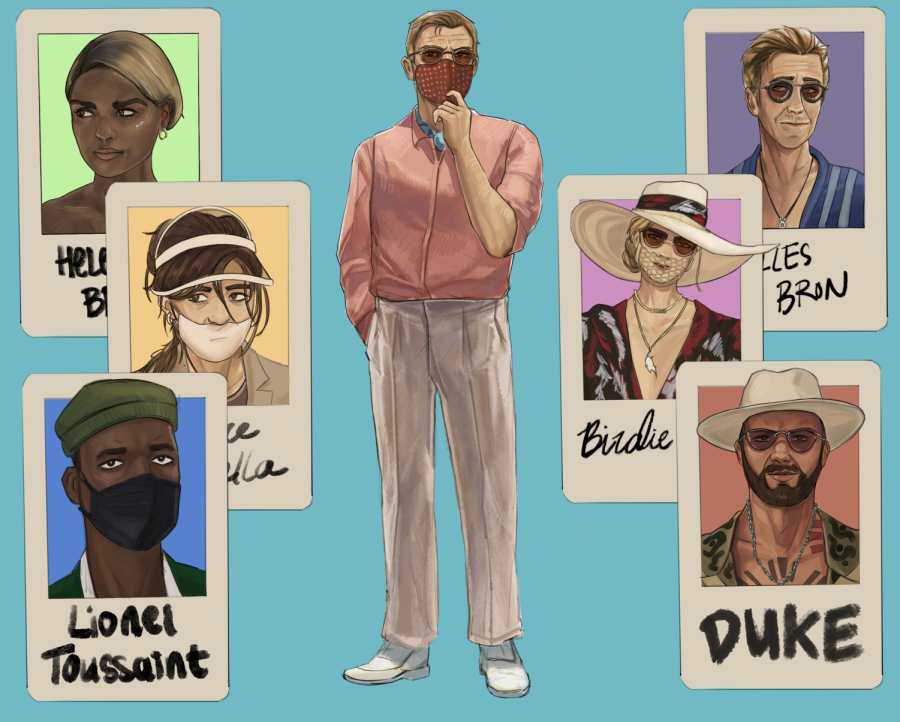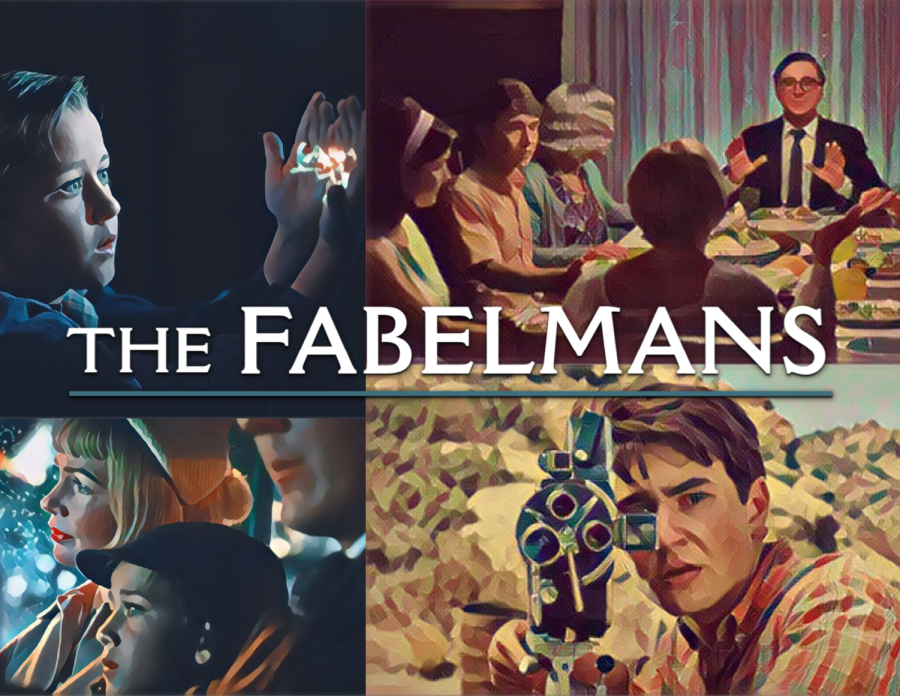The award-winning 2004 musical “Wicked” was adapted to the big screen this November to much anticipation. The musical, and thereby the movie, is an expansion on the universe of the “Wizard of Oz.” It follows Elphaba, the Wicked Witch of the West, and her ascent as a magician and descent into the “evil” seen in the 1933 movie. It draws on Gregory McGuire’s book of the same name, and is one of the most popular and acclaimed Broadway productions—it did, after all, win three Tony Awards. It has incredibly big shoes to fill, but the movie just can’t manage it.
The movie is immediately worsened by the fact it’s a two-parter, something that most all of the advertising failed to mention. Though it’s reasonable to split the two stage acts into two movies, not disclosing that to your audience takes away from any of the anticipation because it doesn’t include half of what they came for.
As far as characters, Ariana Grande’s Glinda, the cheery pink witch, was the most controversial of the casting choices. She is, unfortunately, also one of its greatest pitfalls. It seems impossible to watch the movie and believe that she is Glinda and not a world-renowned popstar; this is virtue of her fame, for sure, but also because her acting feels one-dimensional. A better performance than in “Sam & Cat,” to be sure, but still detrimental. Her vocals are another fault—though impressive, her whistle tone is overused to the point of annoyance, and her diction is atrocious. While it might be okay for a musician’s lyrics to be hard to catch, a musical’s lyrics are far more crucial, because they’re the delivery mechanism for dialogue and plot. A Broadway actress would have been much better in her role; not only would they be less likely to elicit the same reaction, but they’d probably be much better equipped for the style of singing.
Cynthia Erivo, a Broadway actress herself, is a stellar example. Her characterization of Elphaba is incredible; it’s true to the original text, capturing Elphaba’s awkwardness and her disdain while also making her lovable.
The fact that Grande’s performance stifles Erivo’s is a major problem for the movie. Only Erivo’s acting feels genuine, and Grande’s cartoonish portrayal drags it down. It’s natural for Glinda to feel somewhat forced—after all, it’s one of her central traits—but that doesn’t mean she doesn’t deserve nuance as well, especially as the characters grow closer.
This is part of a greater issue wherein scenes with Grande take the viewer out of the film immediately, but scenes without her do not drive the plot forward. Elphaba’s romance with Jonathan Bailey’s Fiyero, for example, is a compelling side of her character, but it does not feel relevant because it was never set up prior to that point. Her solo songs feel like they slow the movie’s pace, because it’s missing half of the movie’s appeal: Glinda. Only Elphaba’s plotline with Peter Dinklage’s Dr. Dillamond—a goat teacher that mentors her—is unburdened, but it’s too little to carry the movie.
The musical’s strongest point of storytelling was always the friendship between Glinda and Elphaba. It’s the heart of the story, the driving force that makes everything else work. Without that chemistry from Grande and Erivo, the movie is unable to recapture the musical’s magic.
This piece was originally published in Zephyrus’ print edition on Dec. 19, 2024


